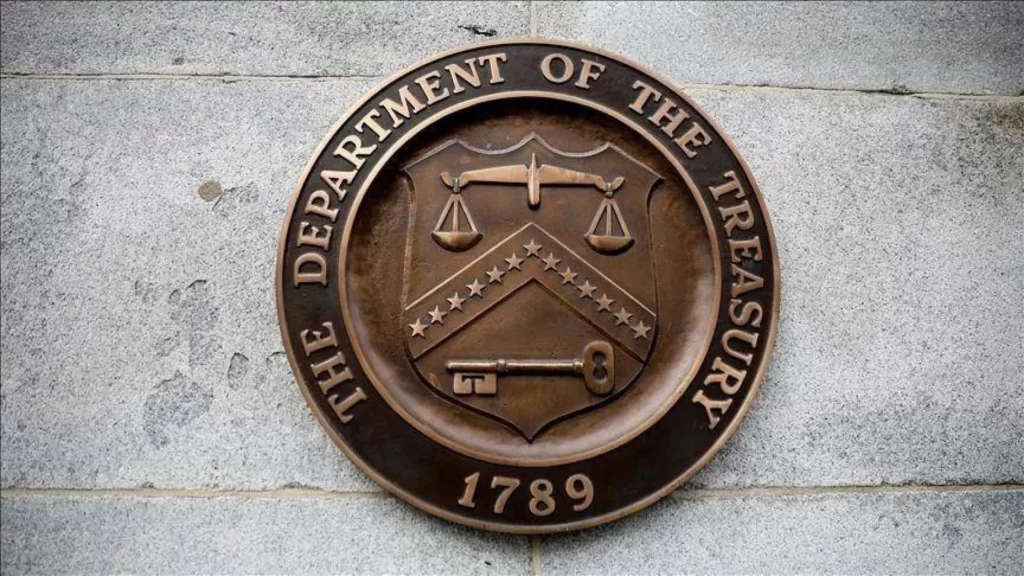According to Jerry Brito and Peter Van Valkenburgh of Coin Center, OFAC abuses its statutory jurisdiction by treating autonomous code like a person.

The US-based crypto policy advocacy group Coin Center said it intended to “pursue administrative remedies” for anybody affected by the restrictions placed on Tornado Cash by the Office of Foreign Asset Control, or OFAC, of the Treasury Department,
In a blog post published on Monday, the executive director of Coin Center, Jerry Brito, and the director of research, Peter Van Valkenburgh, claimed that on August 8, when OFAC added cryptocurrency mixer Tornado Cash and 44 related wallet addresses to its list of Specially Designated Nationals, or SDNs, it “overstepped its legal authority.” The directors were considering taking the matter to court on the grounds that the Treasury’s actions may have potentially violated the “constitutional rights to due process and free speech” of Americans.
“By treating autonomous code as a ‘person’ OFAC exceeds its statutory authority,” said Brito and Van Valkenburgh.
The two claim that Coin Center will brief members of Congress in addition to initially speaking with OFAC to discuss the problem. Then, by requesting permission to withdraw their tokens, the advocacy organization will assist anyone who have money stuck on any of the 44 USD Coin (USDC) and Ether (ETH) addresses linked to Tornado Cash. After taking these steps, the group will start looking at legal options for contesting the penalty.
It can’t be asserted that Tornado Cash is a person subject to sanctions, contrary to OFAC’s sanctions against cryptocurrency mixer Blender.io in May, which were imposed on “an entity that is ultimately under the control of specific individuals” and better match the definition of SDNs. The Coin Center officials said that the mixer smart contract’s ETH addresses were to blame for this:
“The Tornado Cash Entity, which presumably deployed the Tornado Cash Application, has zero control over the Application today,” said Brito and Van Valkenburgh. “Unlike Blender, the Tornado Cash Entity can’t choose whether the Tornado Cash Application engages in mixing or not, and it can’t choose which ‘customers’ to take and which to reject.”
They also said
“While typical OFAC actions merely limit expressive conduct (e.g. donating money to a particular Islamic charity), this action sends a signal — indeed seems to have been intended to send a signal — that a certain class of tools and software should not be used by Americans even for entirely legitimate purposes. Even if this listing is truly and exclusively aimed at stopping North Korean hackers from using Tornado Cash, and even if the chilling effect on the use of the tool by Americans for legitimate reasons was acceptable to OFAC in a collateral impact analysis, it may not be sufficient to a court.”
Individuals connected to the contentious mixer claimed they were cut off from various centralized platforms after the announcement of the sanctions against Tornado Cash. Roman Semenov, a co-founder of Tornado Cash, claimed on Monday that the developer community’s GitHub had terminated his account, and users of the mixer’s decentralized autonomous organization and Discord channel claimed that the two media had also stopped working.
Coin Center filed a federal lawsuit against the U.S. Treasury in June, claiming that the department included an unlawful addition in the infrastructure package that President Joe Biden signed into law in November 2021. The group asserted that a clause in the statute was intended to track down people who were involved in cryptocurrency trades.
